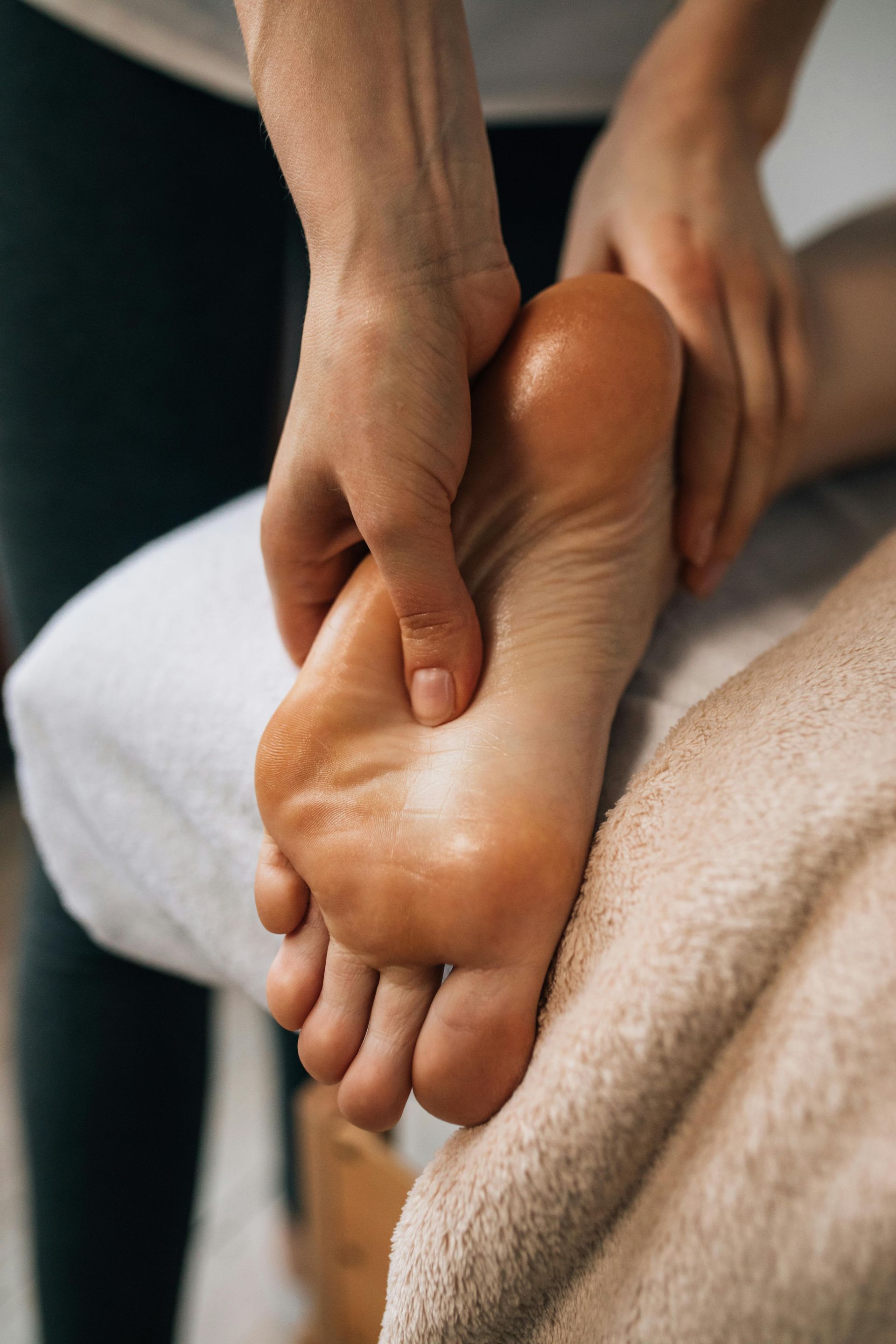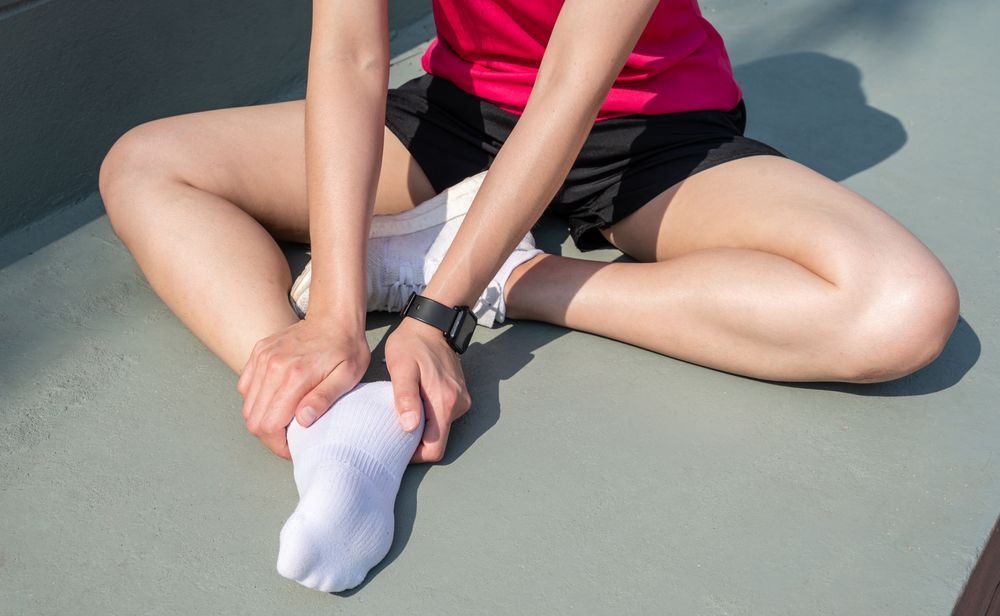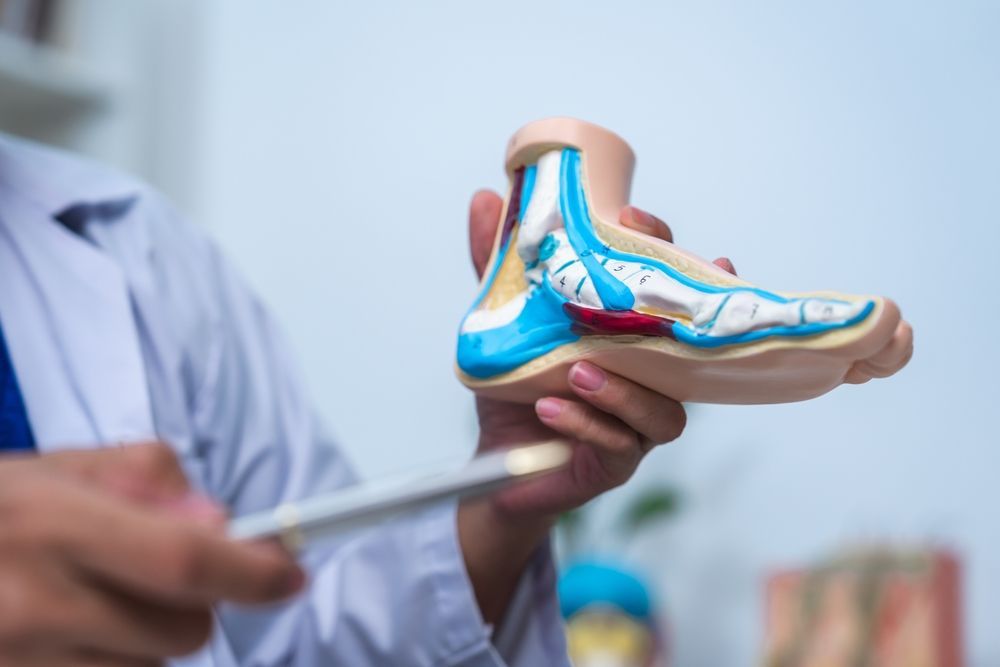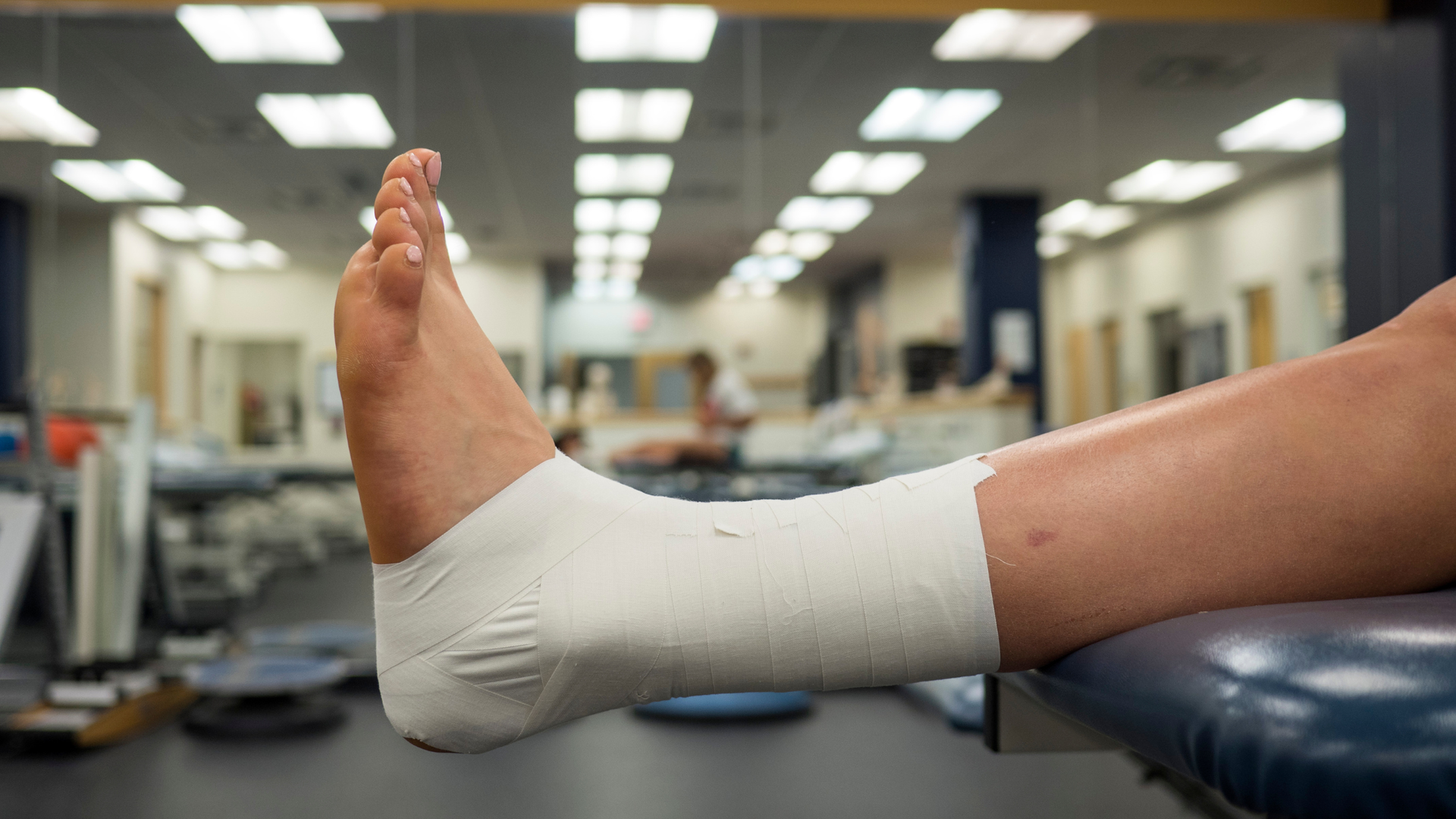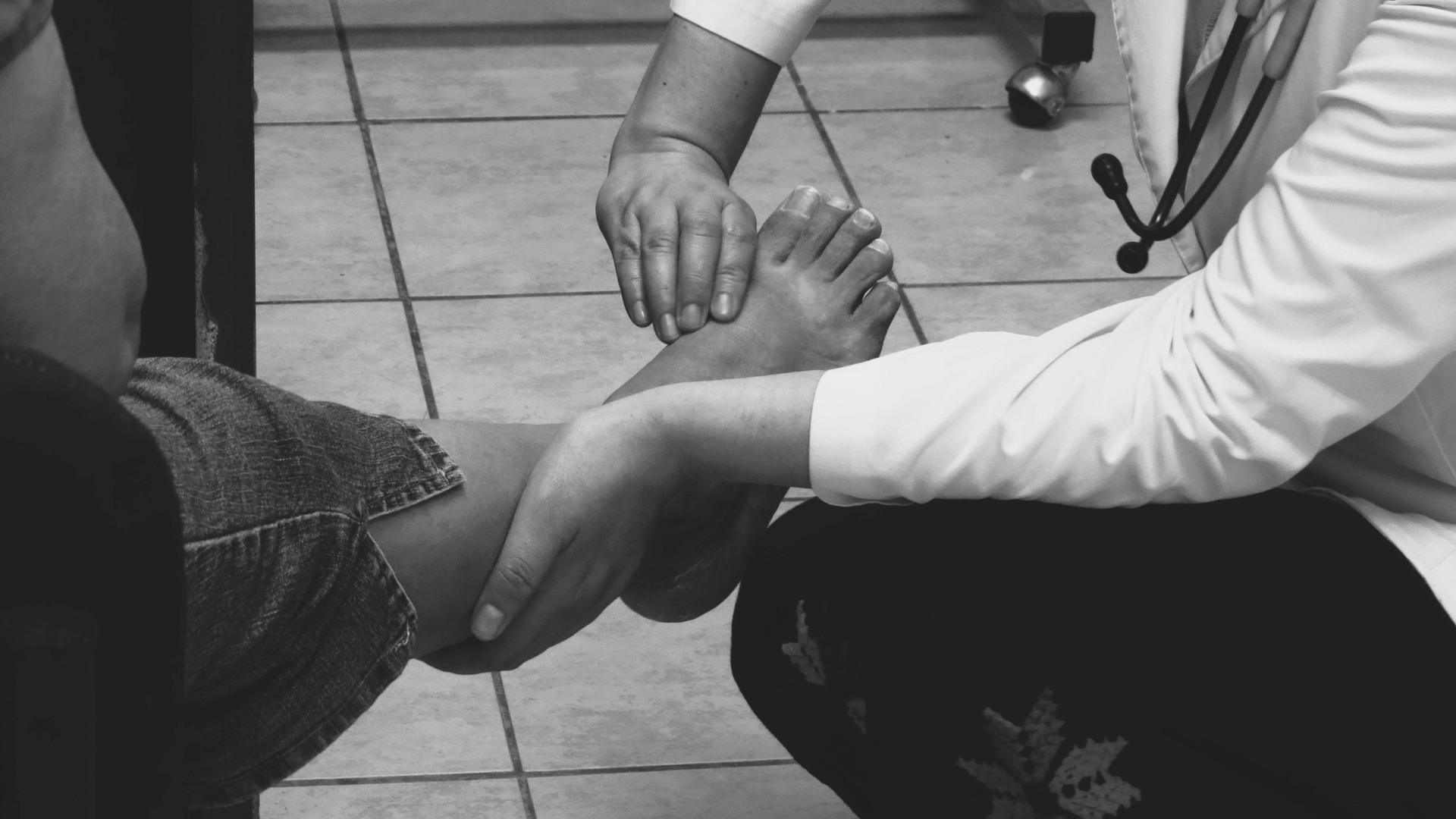Specialized treatment for all your lower extremity concerns, from pain relief to preventive care
Expert Foot & Ankle Care for Your Active Life

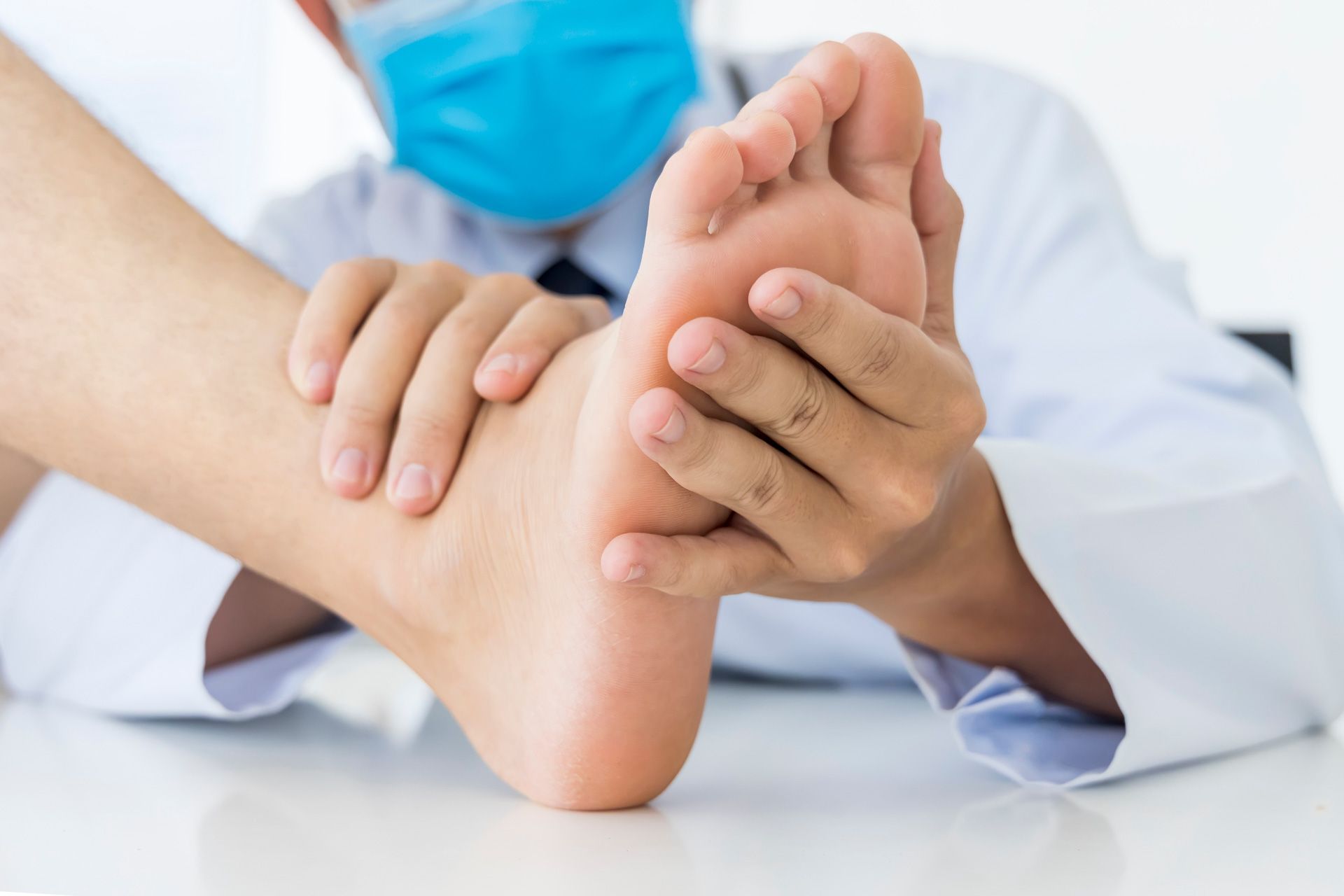
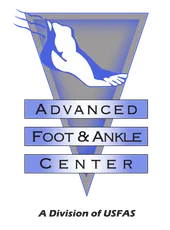
improving mobility and quality of life
Advanced Foot & Ankle Care You Can Trust
At our practice, we're committed to providing comprehensive foot and ankle care using the latest diagnostic techniques and treatment approaches. Our board-certified podiatrists combine years of specialized training with a genuine commitment to patient well-being, ensuring you receive the highest standard of care for all your podiatric needs.
- Comprehensive Care - From routine foot care to complex surgical procedures, our specialists address all conditions affecting the foot and ankle
- Personalized Treatment Plans - We develop customized care strategies based on your specific condition, lifestyle, and goals
- Advanced Technology - Our practice utilizes state-of-the-art diagnostic equipment and innovative treatment methods for optimal outcomes
- Patient Education - We empower you with knowledge about your condition and preventive strategies for long-term foot health
Our mission is to help you maintain healthy, pain-free feet so you can enjoy an active lifestyle without limitations.
Our Featured Services
Hear from Our Patients
Real Stories of Healing and Recovery
Start Your Journey to Wellness Today
Get in Touch with Advanced Foot & Ankle Center
Ready to take the first step towards healthier, pain-free feet? Contact us to schedule an appointment or to learn more about our foot and ankle services. Our dedicated podiatric team is here to provide personalized care and answer any questions you may have about your lower extremity concerns. Reach out today and let us help you achieve optimal foot health and mobility for an active lifestyle.

